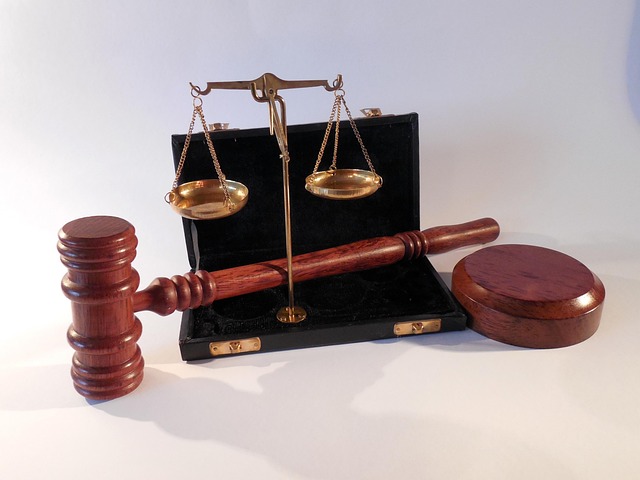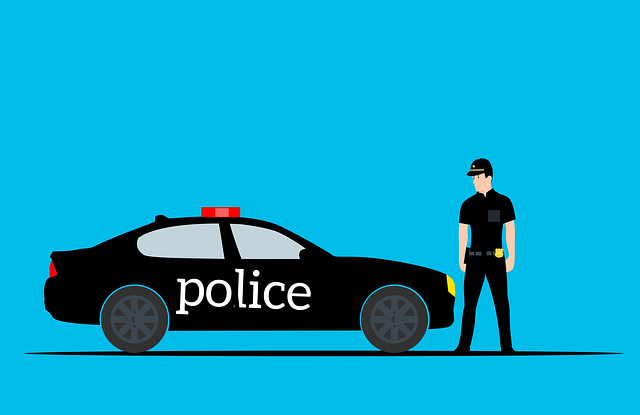Healthcare law firms act as navigators through complex legal waters, specializing in regulatory compliance, medical malpractice, and criminal defense. In criminal trials, they leverage Examples of Evidence in Criminal Trials such as medical records, expert testimony, and regulatory violations for strategic guidance and robust defenses. These firms aim for favorable verdicts or charge dismissal, protecting clients and healthcare system integrity. They distinguish themselves by expertly handling diverse evidence, including patient records, medical reports, and expert opinions, to secure outcomes in high-stakes jury trials.
Healthcare Law Firms play a pivotal role in navigating complex legal landscapes, especially in criminal trials involving medical professionals. Understanding their expertise is crucial for ensuring justice. This article delves into the critical function of these firms, focusing on evidence. We explore why evidence is paramount in criminal trials, with a particular emphasis on healthcare cases. Through real-world examples, we demonstrate the types and significance of evidence presented, providing insights into successful prosecution and defense strategies.
- Understanding Healthcare Law Firms: Their Role and Expertise
- The Importance of Evidence in Criminal Trials
- Types of Evidence: What Matters in Healthcare Law Cases
- Examples of Evidence in Practice: Real-World Criminal Trial Scenarios
Understanding Healthcare Law Firms: Their Role and Expertise

Healthcare Law Firms play a pivotal role in navigating complex legal landscapes within the medical sector. Their expertise spans a wide range of specialized areas, from regulatory compliance and patient rights to medical malpractice and healthcare contracts. These firms serve as steadfast advocates for hospitals, clinics, physicians, and patients, ensuring that laws are interpreted fairly and consistently applied. By leveraging their deep understanding of both legal and medical intricacies, they provide strategic guidance, mitigate risks, and offer robust defenses in a dynamic regulatory environment.
In criminal trials, for instance, evidence such as medical records, expert testimony, and regulatory violations can significantly impact outcomes. Healthcare attorneys are instrumental in presenting compelling arguments, challenging adverse evidence, and securing favorable verdicts. Their specialized knowledge in white-collar defense strategies enables them to craft winning challenging defense verdicts, even in complex cases. Ultimately, their goal is to achieve complete dismissal of all charges when the circumstances warrant it, protecting both the interests of their clients and the integrity of the healthcare system as a whole.
The Importance of Evidence in Criminal Trials

In criminal trials, evidence serves as the backbone of any prosecution or defence strategy. It’s crucial for establishing facts, proving intent, and determining guilt or innocence. Examples of evidence in criminal trials encompass a wide range, from physical artefacts like fingerprints and DNA samples to witness testimonies, expert opinions, and documents. This multifaceted nature ensures that justice is served accurately and fairly across the country.
During all stages of the investigative and enforcement process, evidence plays a pivotal role. It guides law enforcement in building their case, aids prosecutors in presenting arguments, and helps defence attorneys in crafting their defences. A robust understanding of what constitutes admissible evidence is critical to achieving a complete dismissal of all charges, ensuring that the rights of both the accused and the accuser are protected.
Types of Evidence: What Matters in Healthcare Law Cases

In healthcare law firms, understanding the types of evidence that matter is crucial for building a winning challenging defense verdict. Unlike general criminal defense cases that heavily rely on evidence presented in jury trials, healthcare law often involves complex documentation and expert testimony. Examples of evidence in these cases include patient records, medical reports, and expert opinions from qualified professionals like physicians and pharmacologists. These documents help establish standards of care, negligence, or malpractice, which are critical elements in determining liability.
The presentation of compelling evidence is key to navigating the intricacies of healthcare law. Effective use of such documentation can significantly influence the outcome of cases, especially during high-stakes jury trials. It’s not just about gathering facts; it’s about interpreting and presenting them in a manner that resonates with both legal professionals and jurors.
Examples of Evidence in Practice: Real-World Criminal Trial Scenarios

In the realm of healthcare law, understanding evidence presentation is paramount, especially within criminal trials. Examples of evidence in criminal trials range from medical records to expert witness testimonies, reflecting the intricate interplay between legal and medical expertise. Healthcare law firms navigate these complex scenarios, ensuring that every piece of evidence is meticulously presented to achieve extraordinary results for their clients.
Real-world scenarios involve medical malpractice claims where detailed patient histories, treatment notes, and diagnostic images serve as cornerstone evidence. Moreover, forensic pathologists and clinical experts are often called upon to interpret these records, providing critical insights that can make or break a case. This underscores the importance of an unprecedented track record for healthcare law firms, as they must adeptly handle such evidence to secure favorable outcomes in criminal trials.






